Question
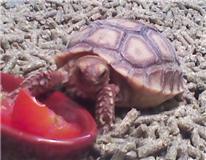 my baby : )
my baby : )
There was a note on your page to go to a link (that was broken) about the diet for the tortois. Mine is about 2 1/2 inches long (shell) and I've had "him" for about 2 years. I would like to know if feeding him the following is healthy . . "Grassland Tortoise Food - pellets" with occasional "Herptivite multivitamins" about once/twice a week. I give him tomatoes or other veggies on occasion (about once a week)
He's shedding under his neck, it appears tough and slightly darker than his neck. Not sure if I should be concerned.
Lastly, I would like to find a "friend" for him to live with, is there any other animal that I could put in the same cage that would co-habitate well? I had two tortoises in the beginning, the other passed away after a few months and I chose not to get another because I wanted to be sure whatever killed the other one didn't effect the existing one, or a new one.
Thank you so much for your help!
AnswerI'm not great at identifying babies with that generic shell pattern, so I am not sure what you have there- and that affects the diet. It worries me a bit that it is 2 years old and still so small, but that would be OK for a few species.
One of the best diet references I can find is http://russiantortoise.org/russiantortoisediet.htm They list several good food options.
Few keepers rely on most pelleted foods or commercial foods. If we do use them, we use them to supplement the 'weed diet' that we prefer for so many species of tortoise. We also rarely offer tomatoes or most other kinds of fruits or vegetables- they are just not a great diet option other than as a very very rare treat.
I would be concerned about the appearance of the neck. There are several things it could be but I am not a vet and do not do much with medical advice.
What I would advise for this situation would be to post your situation on http://www.tortoiseforum.org with a photo of the tortoise, of its neck if possible, and of the bottom/plastron. Let us there know what species you think it is, its size and age, the diet, and basic housing.
I have a feeling that you got some inaccurate care information at some point, and that may be why you are seeing what you are seeing now. The folks at tortoiseforum.org can often help get things back on the right track.


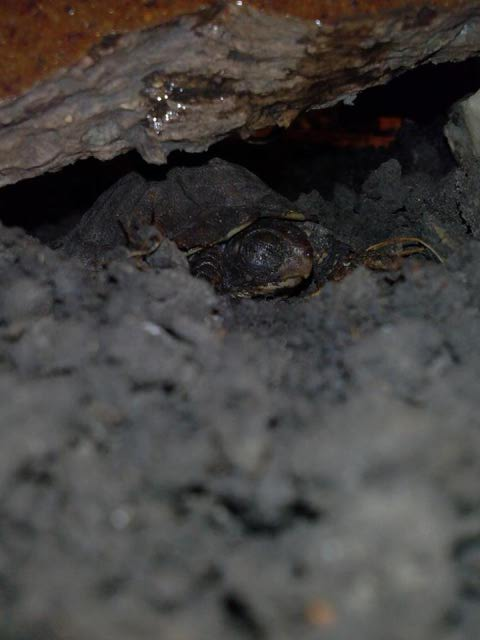 Box Turtle Care
QuestionTorkoal
QUESTION: I have two baby box tu
Box Turtle Care
QuestionTorkoal
QUESTION: I have two baby box tu
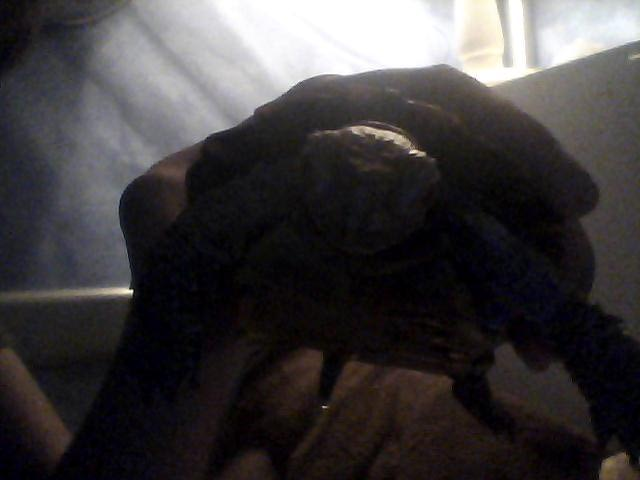 Eyes and Aim
Question
Bowseta
I have a female viatnamiese bla
Eyes and Aim
Question
Bowseta
I have a female viatnamiese bla
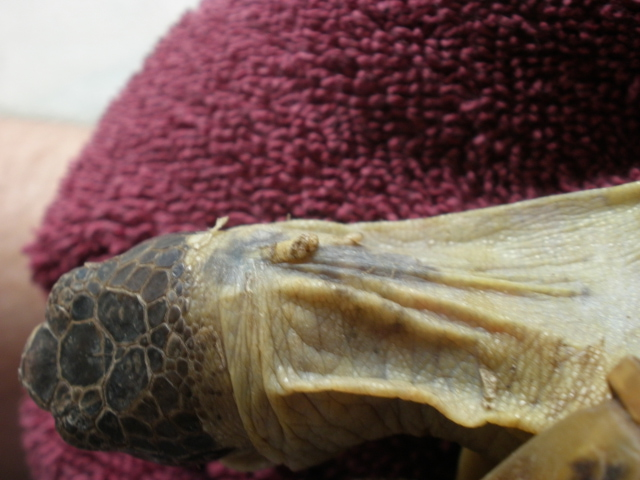 Russian Tortoise neck discoloration
Question
Neck 1 Neck 2
I have a Russian to
Russian Tortoise neck discoloration
Question
Neck 1 Neck 2
I have a Russian to
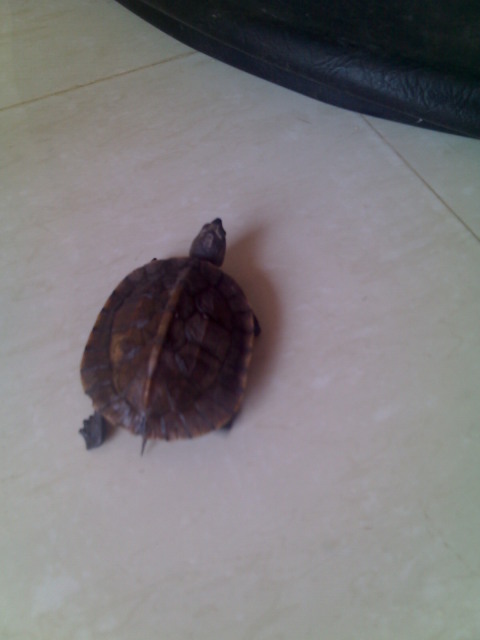 How do I care for an Indian Black Turtle (Melanochelys trijuga)
Question
Pic of the turtle
Hi,
I am am animal lover li
How do I care for an Indian Black Turtle (Melanochelys trijuga)
Question
Pic of the turtle
Hi,
I am am animal lover li
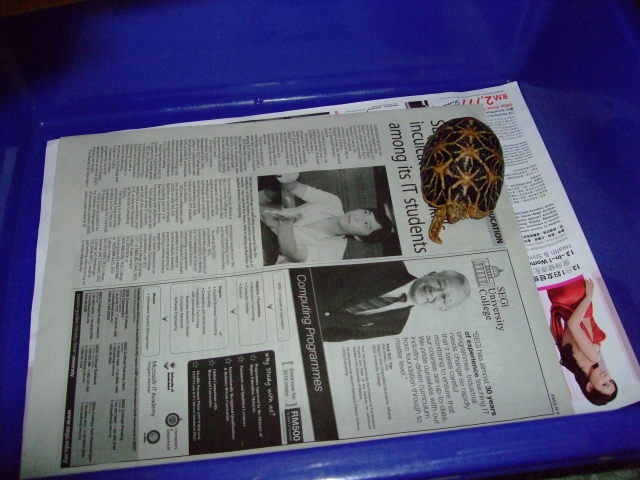 Star tortoise weak and not eating.
QuestionMy Star
QUESTION: I live in Malaysia and
Star tortoise weak and not eating.
QuestionMy Star
QUESTION: I live in Malaysia and